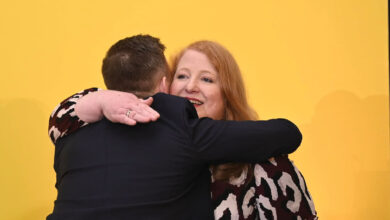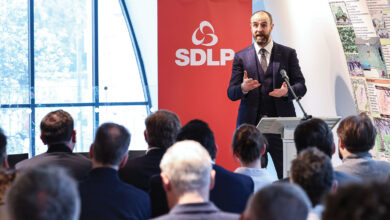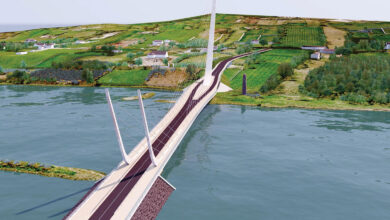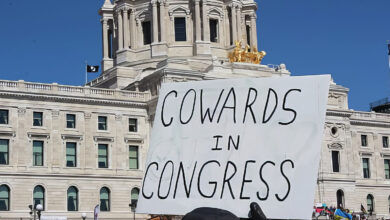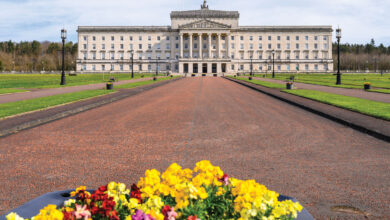Northern Ireland’s new MPs
As the House of Commons prepares for a full session after the summer recess, agendaNi profiles the region’s four newly elected parliamentarians.
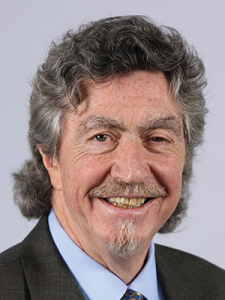
Mickey Brady
Sinn Féin • Newry & Armagh
Majority: 4,176
Prior to his election to Stormont in 2007, Mickey Brady ran a welfare advice centre in Newry for 26 years. He has a relatively low media profile compared to other Sinn Féin representatives and his main political interests are health, housing and social security.
Speaking to agendaNi in 2012, he maintained that the constituency had been “systematically deprived over many years in terms of employment opportunities” but its residents have “always maintained their pride and dignity in the face of adversity.”
Brady described his election as “a resounding endorsement of equality over austerity” and visited Westminster on 3 June for a day of meetings with other MPs to highlight Sinn Féin’s opposition to welfare reform.
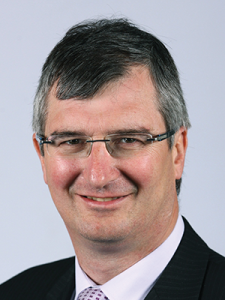 Tom Elliott
Tom Elliott
UUP • Fermanagh & South Tyrone
Majority: 530
A farmer and former UDR soldier, Tom Elliott entered elected politics as a councillor in Fermanagh in 2001. He has represented Fermanagh and South Tyrone as an MLA since 2003 and came third in the 2005 Westminster election. Elliott’s leadership of the UUP (2010-2012) included a revival for the party in rural areas but he resigned the post after infighting by party members.
Elliott is a close ally of current leader Mike Nesbitt and, as with Gavin Robinson in East Belfast, benefitted from the UUP-DUP pact. He first addressed the Commons on 9 June and thanked his voters “who took on a great challenge to elect me”. Elliott also recorded his thanks to Michelle Gildernew and her campaigning on mental health issues and recalled that “some other quite flamboyant members have preceded me, notably Ken – now Lord – Maginnis.” His constituency, he noted, holds the record of the UK’s highest turnout: 93.4 per cent in 1951.
Elliott’s main theme was the loss experienced in the area during the Troubles, including the 1987 Enniskillen bombing: “Those victims and their families have still not got justice, and I will want to remind the House on every occasion I can that they deserve justice, as do all the other families in Northern Ireland who deserve such justice.”
In conclusion, he thanked his those who supported him and “those who did not because they will get exactly the same service from me in the constituency.”
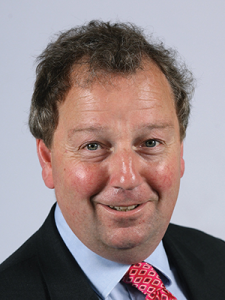
Danny Kinahan
UUP • South Antrim
Majority: 949
A varied career route in the army and auctioneering preceded Danny Kinahan’s entry into politics in 2005, as a councillor for Antrim. He is strongly influenced by his family’s liberal unionist background and their opposition to sectarianism. Kinahan was co-opted as MLA in 2009 to succeed David Burnside and has been the UUP’s spokesman on education and the economy.
His maiden speech on 1 June immediately followed Boris Johnson’s first remarks on returning to the Commons. “How do you follow that?” he quipped. Kinahan became the first Ulster Unionist to speak in the Commons since March 2010 and added his thanks to William McCrea.
He also highlighted how South Antrim’s produce will add to Northern Ireland’s 2016 Year of Food and focused on the contribution of the armed forces over the course of the Troubles: “I would like every member of this house to go back to their constituencies and say a huge thank you, because all those have helped us to get where we are today and we are phenomenally grateful.”
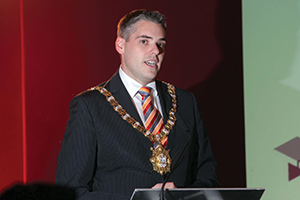
Gavin Robinson
DUP • East Belfast
Majority: 2,597
Aged 30, Gavin Robinson is by far the youngest DUP MP. He previously worked as a barrister and special advisor to Peter Robinson, and was a member of Belfast City Council from 2011 onwards. As Lord Mayor in 2012-2013, he sought to reconcile and promote the city in the aftermath of the loyalist flags protests.
His acceptance speech was perhaps not the most humble but he was more conciliatory the following morning.
In his maiden speech on 1 June, he paid tribute to his “mentor and friend” Peter Robinson and his predecessor, Naomi Long, and pledged to continue Long’s work on campaigning for persecuted Christians overseas. Robinson noted that it was “easy to reminisce about the success of our former glories” and East Belfast remains the “economic driver” of Northern Ireland.
“The general election in Northern Ireland has re-energised unionism within Northern Ireland,” he stated, pointing to his own win and that of Tom Elliott.
Robinson added: “All those who value the union – who recognise the benefits of the union and are prepared to extol its virtues – need to rekindle the flames of passion and desire for this United Kingdom.”

